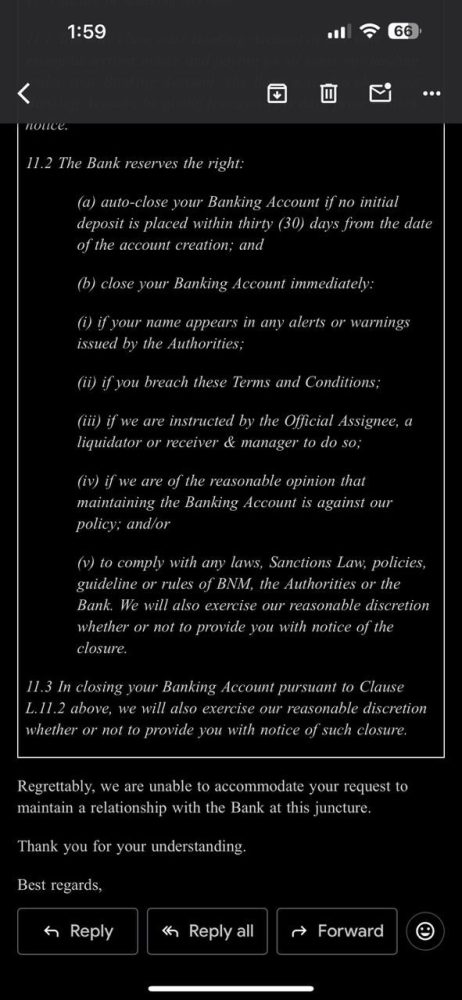

KUCHING: A victim of an online scam has been unfairly blacklisted by financial institutions despite being the one who reported the crime, said Michael Kong, Special assistant to Stampin MP Chong Chieng Jen.
Kong said while banks are right to take stern action against mule accounts and those linked to scams, innocent victims should not be punished in the process.
He said a recent case involving a watch collector, identified only as Mr Sim, clearly illustrates the problem.
“Mr Sim came across a Facebook advertisement offering a watch for sale and paid RM630 to the advertiser. He later discovered he had been cheated when the seller became uncontactable. Acting responsibly, he lodged a police report,” Kong said.
However, what followed was unjust. Instead of being treated as a victim, Mr Sim’s Maybank account was flagged and later closed under Clause 11 of the bank’s Terms and Conditions Governing Banking Accounts, which allows the bank to close any account with 14 days’ notice.
“Despite being informed that Mr Sim was not a scammer, nor was his account ever used as a mule account, but that he was indeed a victim, Maybank refused to consider his appeal,” he said.
As a result, Kong said Mr Sim is now blacklisted across financial institutions. Even his company’s application for a card machine was rejected by Ambank due to the blacklist.
“He has not only lost money to a scam but is now facing long-term financial exclusion due to circumstances beyond his control,” Kong added.
Kong stressed that such practices are unfair and contrary to the principles of justice.
“This case highlights how victims of scams can end up being punished twice, once by the scammer, and again by the very institutions meant to safeguard them. Financial institutions must exercise greater care and fairness in differentiating between scammers, mule account holders, and victims of scams,” he said.
Kong said he will assist Mr Sim in raising the matter with Bank Negara Malaysia, urging financial institutions to adopt fairer and more compassionate practices in handling such cases to maintain public trust in the banking system.
By Connie Chieng